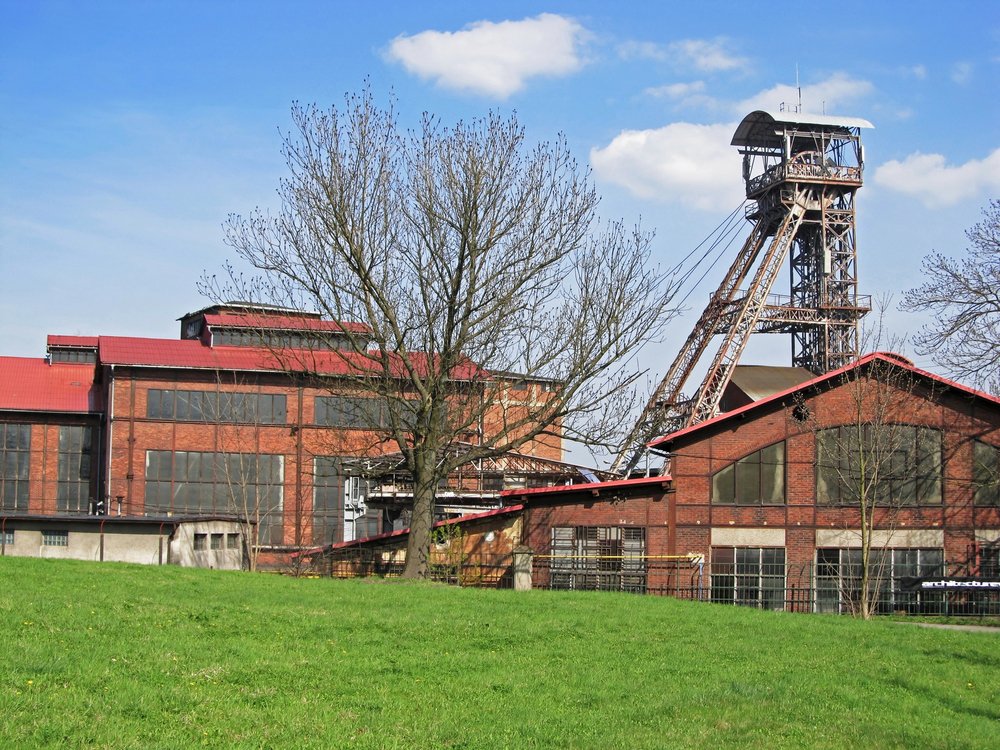Building on the governance turn in EU studies, this work examines the emergence of polycentric interest structures among new member states and looks at the extent EU governance structures contribute to decentralisation and deconcentration of power with the state eventually losing its traditional monopoly over decision-making vis-à-vis EU processes. The analysis is based on an empirical study of decision-making processes in the Czech Republic contrasted to EU regional and foreign policy. In particular, an empirical assessment of the behavioural patterns of Czech sub-national and non-state actors within domestic and EU structures is provided. The study argues that EU governance, by offering decision-making access points to Czech intrastate actors in the post-accession context, contributes to the pluralisation of domestic interests though this does not lead to the emergence of polycentrism as the relationship with Brussels in general, and the decision-making vis-à-vis EU processes in particular, continues to be centrally coordinated and scrutinised.


